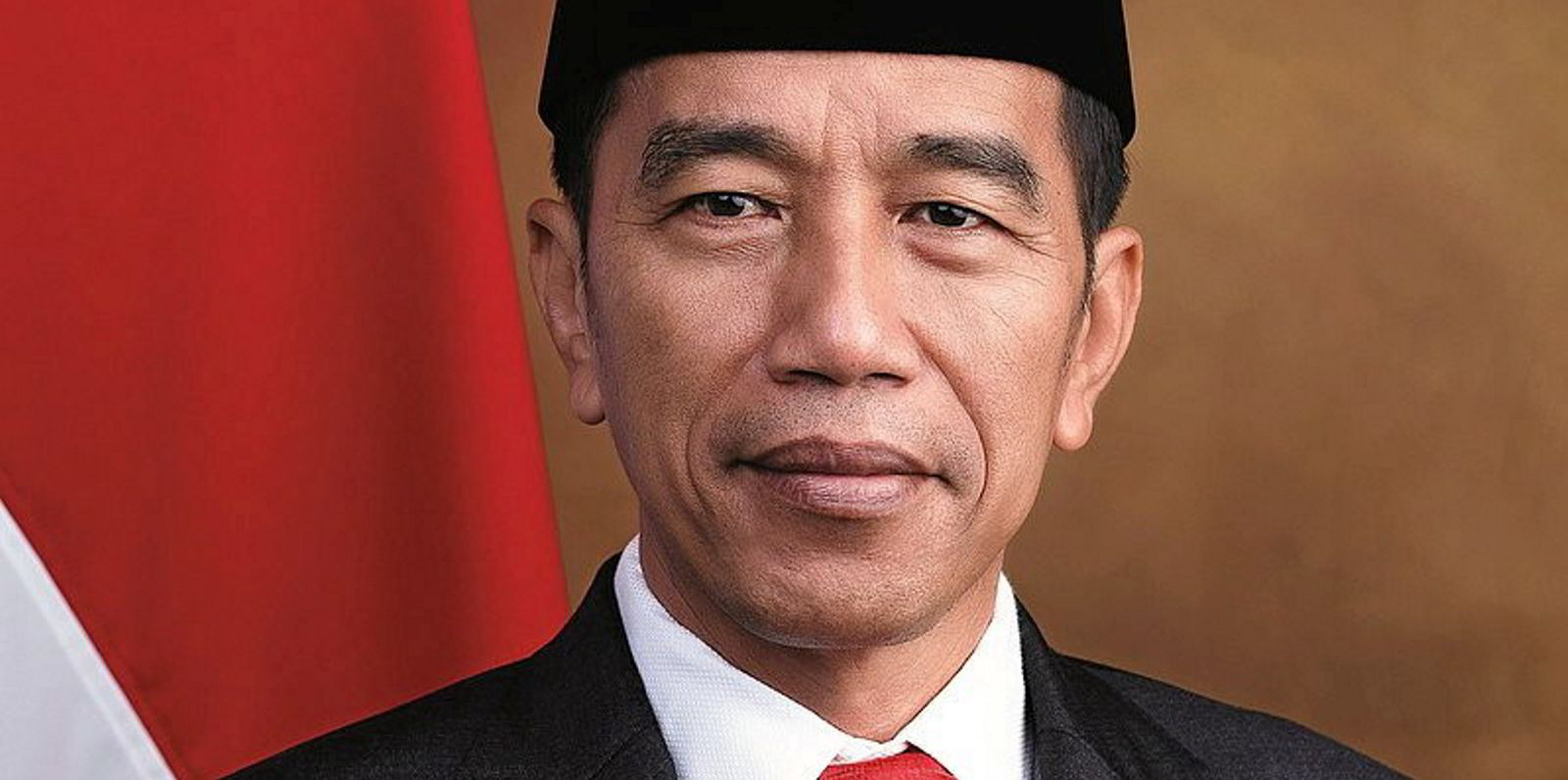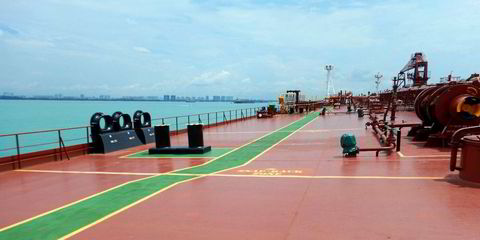Indonesia plans to ban exports of palm oil and its raw materials from Thursday due to domestic shortages, according to brokers and analysts.
President Joko Widodo made the surprise announcement in a move said to be designed address a shortage of cooking oil and soaring domestic prices.
“I will continue to watch and evaluate the implementation of this policy so that the domestic supply of cooking oil is abundant and the price is affordable,” he said.
The local shortage of edible oil has led to street protests over high food prices and the detention of a trade official in a corruption case, reported Bloomberg.
The government has rolled out cash subsidies and deployed police surveillance to safeguard nationwide distribution to temper prices and ensure ample supply.
Indonesia is the world’s largest palm oil producer with 56% market share of global palm oil exports and 30% market share of global exports for 17 oils and fats.
“Indonesian shipments of palm oil to the India subcontinent (7m tons in 2021), China (4.25m tons) and Europe (2.89m tonnes) will be disrupted under the new policy,” said Eastport Maritime.
The Singapore shipbroker said this would likely “weigh on freight rates in these trade lanes if the measure is enacted for an extended period”.
OUB Kay Hian analysts Leow Huey Chuen and Jacquelyn Yow said that the official document with details about the ban is not yet available, thus it is uncertain which products are subject to the export ban and how long this new regulation will last.
“Based on the president’s speech, the ban is on cooking oil and its raw materials. Indonesia’s palm oil exports largely focus on process palm oil which made up about 75% of 2021 exports,” they said.
However, Reuters reported that Indonesia’s agriculture ministry had said that crude palm oil shipments would be excluded from a planned palm oil export ban, according to a copy of an official letter sent to local government leaders.
This is not the first time Indonesia has introduced an unexpected ban on a key commodity export at short notice this year.
In January, it took the dry bulk market by surprise when it banned the export of coal for one month due to concerns over critically low inventories at domestic power plants in Indonesia, which could lead to widespread blackouts in the country.
At one point the ban is believed to have tied up around 200 panamaxes and supramaxes that were either loaded, loading, or awaiting loading.
Other bulkers were reported to have diverted to Australia or South Africa as coal buyers sought urgently needed supplies elsewhere.






